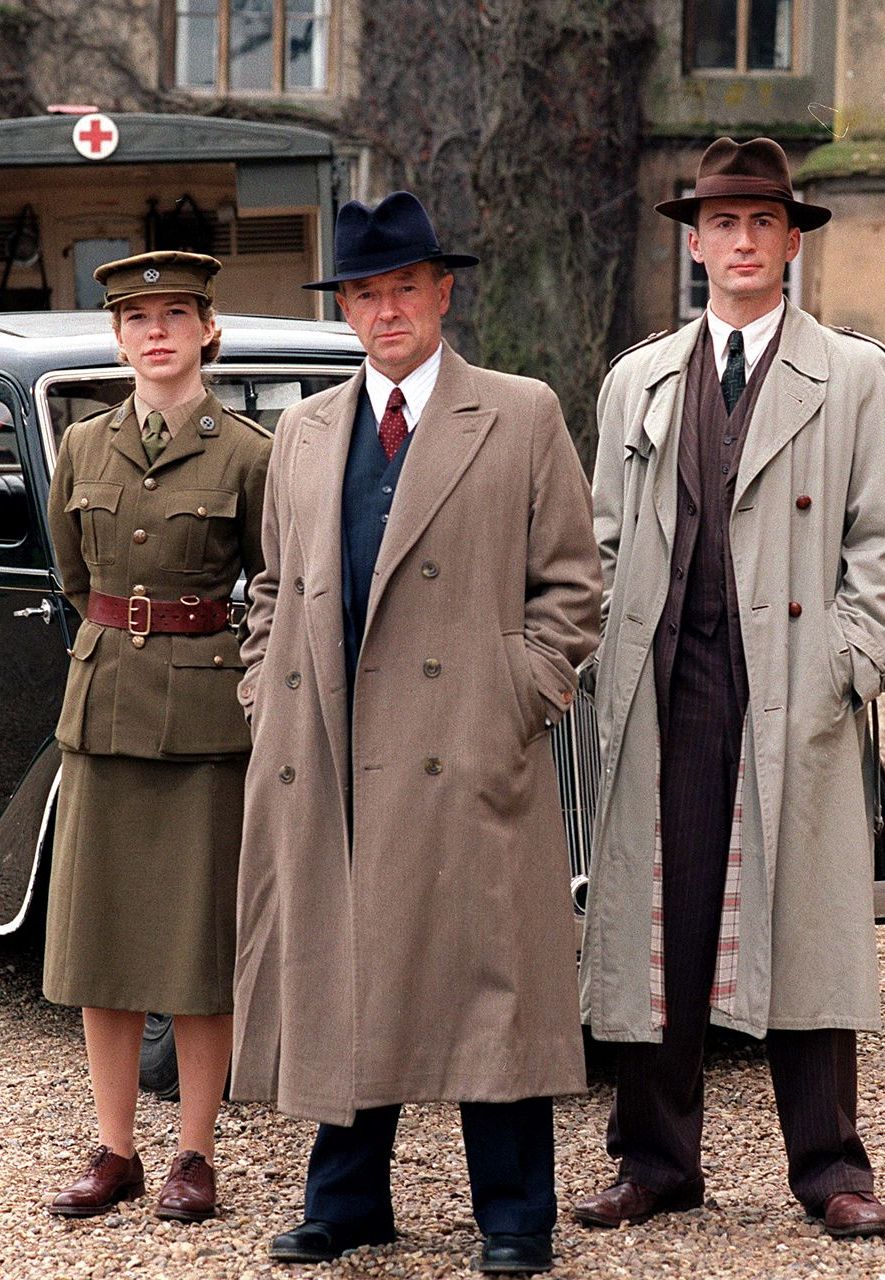T
There is a corner of our living room that will be forever the southern England coastal town of Hastings in World War Two. In it sit – or rather stand, perpetually poised for official duty – Detective Chief Superintendent Christopher Foyle, Sergeant Paul Milner and police driver Samantha Stewart, the last on long-term loan from the Mechanised Transport Corps. On they tirelessly work, through 19 feature-length episodes of Foyle’s War, Anthony Horowitz’s magnificent detective drama set on the British Home Front, from the aftermath of the disastrous Norwegian campaign in 1940 all the way through to VE Day five long years later. These 19 episodes, or 29-ish hours of viewing, have for the past decade constituted a place for my family so safe and happy that we have in fact watched the entire series three times. Which makes it 87 hours of television, all in.
More like this:
– The cooks who made food rock ‘n’ roll
– The most joyful books ever written
– Why Marvel films helped me grieve
The great irony is that we almost didn’t watch Foyle’s War at all. We certainly never saw it during the years it was originally broadcast in the UK, 2002-2008, erroneously, not to mention snobbishly, supposing that a wartime drama aired on pre-watershed primetime ITV on a Sunday night would constitute glib jingoism. Friends tried to tell us how wrong we were, but we stuck stubbornly to this entirely unsubstantiated opinion. My father was especially sceptical; having lived through World War Two, been evacuated and all the rest of it, he had a profound dislike of anything that looked back with even a small dose of rose-tinted nostalgia at life on the Home Front. “It wasn’t much fun, I can tell you that”, was about the most he would say on the subject, choosing instead to spend his leisure time watching contemporary films and dramas.





